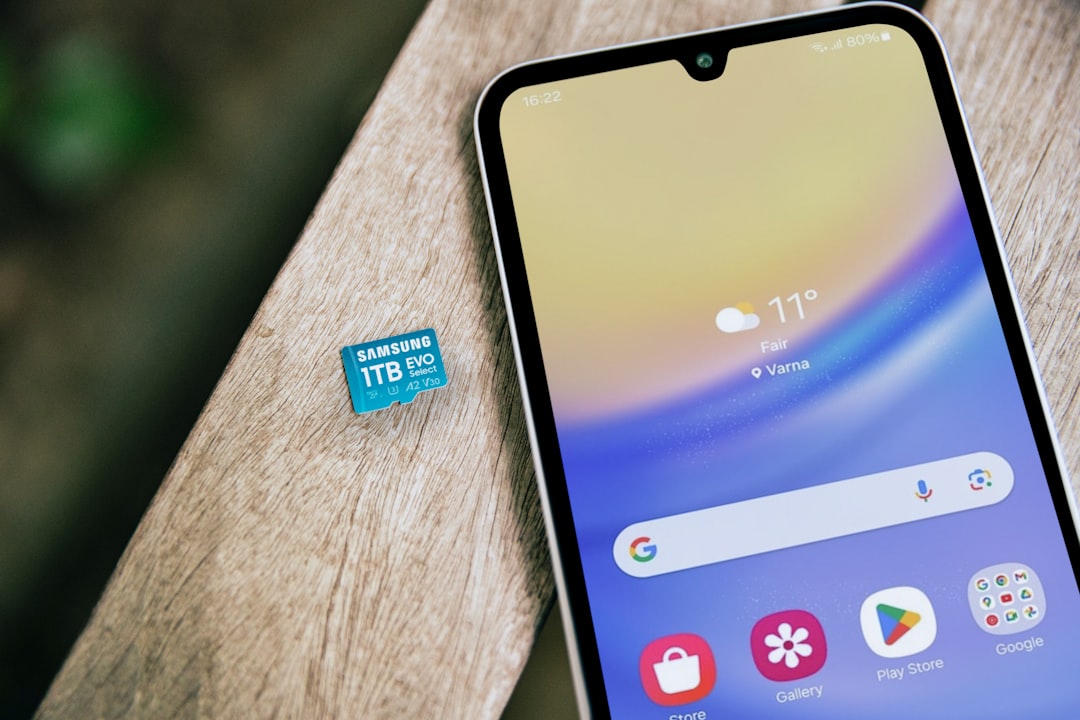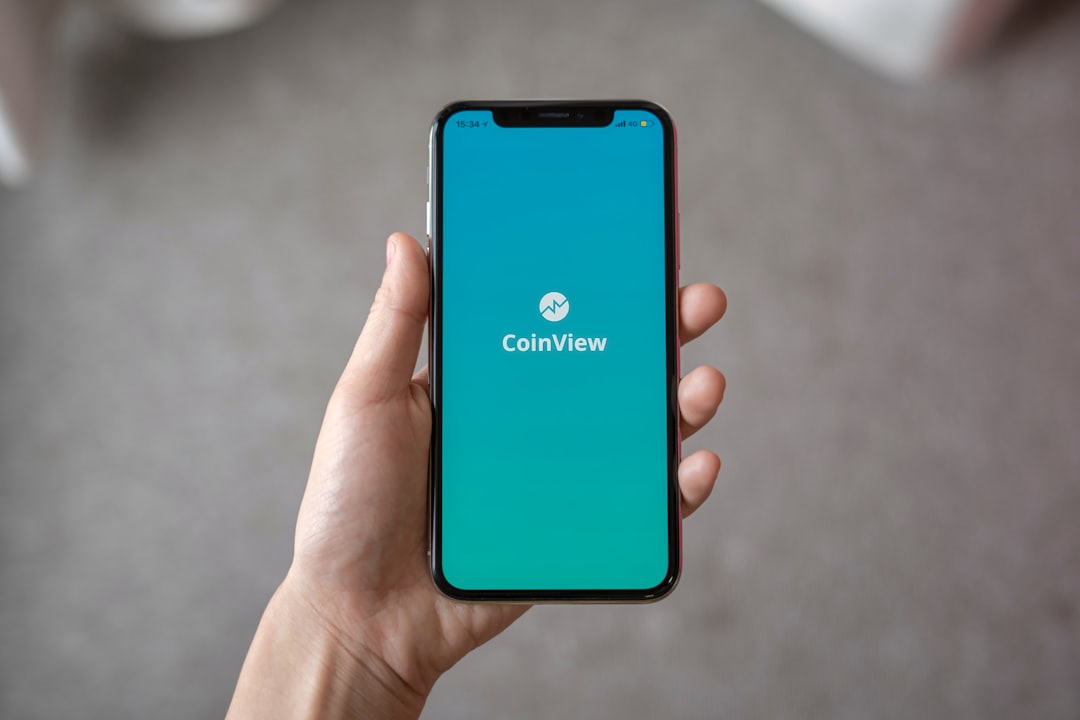In Nevada's Vernon County, strict anti-spam regulations, including restrictions on automated calls, caller ID requirements, and opt-out options for marketing calls, protect residents from relentless telemarketing. Concerned locals advocate for a Spam Call law firm in Missouri to combat the growing issue of unwanted phone calls disrupting their lives. The county has successfully employed advanced technology to block spam while allowing legitimate communications. A case study highlights a local law firm's successful journey to combat spam calls by leveraging legal expertise and call-blocking tech, leading to a quieter, more productive environment. Missouri's strong enforcement and community education have significantly reduced spam calls, setting a benchmark for other jurisdictions, including other Spam Call law firms in Missouri.
Nevada’s Vernon County has emerged as a leader in combating vexing spam calls, implementing innovative solutions to protect residents from unwanted phone marketing. This article delves into the county’s successful strategy against harassing phone calls, offering insights through a case study of a local law firm’s experience. By examining Nevada’s strict spam call laws and exploring lessons from Missouri, we uncover effective practices for managing nuisance calls, providing valuable guidance for other areas facing similar challenges.
Understanding Nevada's Spam Call Laws: A Brief Overview

In Nevada, just as in many other states, there are strict regulations in place to combat unwanted spam calls. These laws aim to protect residents from relentless telemarketing and unsolicited phone calls. The Spam Call law firm in Missouri has been at the forefront of assisting Nevadans in navigating these regulations and seeking justice against violators.
Understanding Nevada’s Spam Call Laws involves familiarizing oneself with provisions that restrict automated or prerecorded calls, require caller ID disclosure, and mandate opt-out options for marketing calls. These measures are designed to empower individuals to control their communication preferences and safeguard their personal time and privacy.
The Impact of Unwanted Phone Calls on Vernon County Residents

Unwanted phone calls, often referred to as spam calls, have become a persistent nuisance for Vernon County residents. These relentless intrusions can disrupt daily routines and cause significant distress. Many locals find themselves confronted with a constant stream of unknown numbers, many of which are automated messages or telemarketers attempting to sell products or services.
The impact extends beyond mere annoyance. The volume of spam calls has led to increased stress and anxiety, particularly among vulnerable populations like the elderly. Moreover, these calls can be a financial burden, as they often incur charges without any prior consent from the caller. Recognizing this growing concern, local residents have been advocating for stronger measures, encouraging the implementation of the Spam Call law firm Missouri to protect their privacy and peace of mind.
Introducing a Novel Approach: The Venue's Unique Solution

Vernon County, Nevada, has become a beacon for those seeking respite from persistent spam calls, thanks to a novel approach introduced by its venue. With the increasing annoyance and potential dangers posed by unwanted phone calls, especially for businesses and individuals in Missouri, this county has taken a proactive step.
The venue’s unique solution involves implementing advanced technology that blocks and filters out these pesky calls while allowing legitimate communications. By leveraging cutting-edge algorithms and machine learning, they have created a safe space where spam call law firms can be effectively deterred. This innovative method ensures that residents and businesses in Vernon County can enjoy peace of mind, knowing their phones are protected from constant interruptions and potential fraud attempts originating from across the state or even beyond.
Case Study: How the Law Firm Overcame Vexing Voices

In the heart of Vernon County, Missouri, a law firm faced a unique challenge—vexing voices plaguing their operations. This case study highlights their journey to vanquish these unwanted intrusions. The firm, dedicated to serving the community, encountered a surge in spam calls, disrupting their workflow and client interactions. They decided to take action, implementing innovative strategies to combat this modern-day nuisance.
Through meticulous research and legal expertise, they identified loopholes exploited by spammers. By adapting their practices and utilizing advanced call-blocking technologies, the firm successfully minimized these interruptions. This transformative process involved educating clients on spam calls’ legal aspects and collaborating with telecommunications providers to establish robust barriers against unsolicited calls. As a result, the law firm in Vernon County achieved peace from vexing voices, ensuring a more productive and focused work environment.
The Future of Spam Call Management: Lessons from Missouri

In the ever-evolving landscape of communication, spam calls remain a persistent and vexing issue for many. However, states like Missouri are leading the way in tackling this problem through innovative laws and robust mechanisms. The recent success of Vernon County, Nevada, in managing these unwanted calls offers valuable insights into the future of spam call management. By implementing stringent regulations and leveraging advanced technologies, Missouri’s approach has set a precedent that other jurisdictions can follow.
Lessons from Missouri highlight the importance of comprehensive legal frameworks. Their strict enforcement of Spam Call laws has encouraged phone service providers to invest in sophisticated filtering systems. This collaborative effort not only blocks malicious calls but also enhances consumer protection. Additionally, community education plays a crucial role; informing residents about their rights and tools available empowers them to combat spam effectively. Such strategies combined have significantly reduced the nuisance of spam calls, setting a promising course for a quieter, more peaceful communication future.






